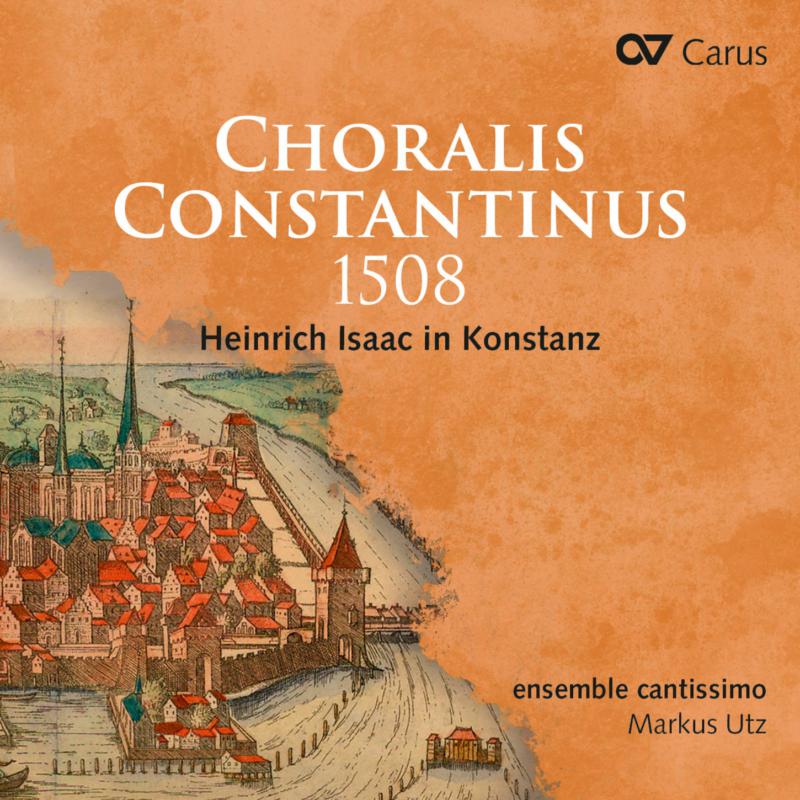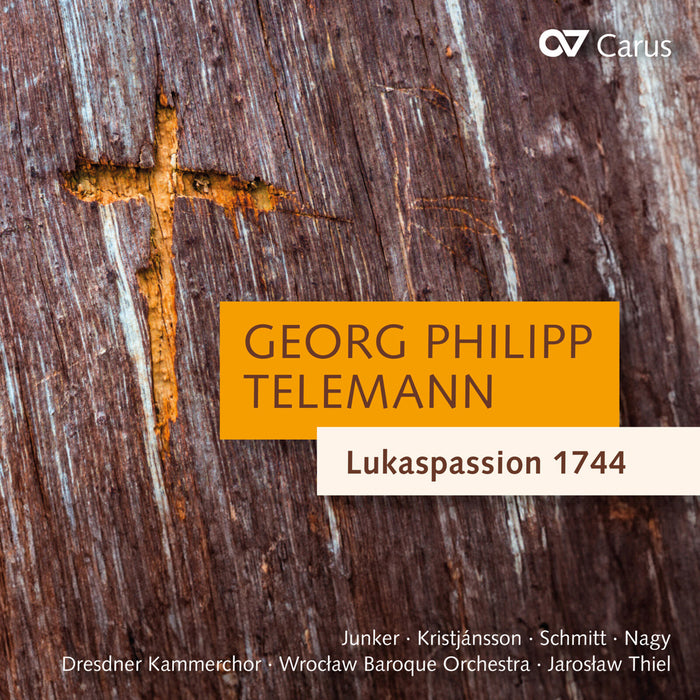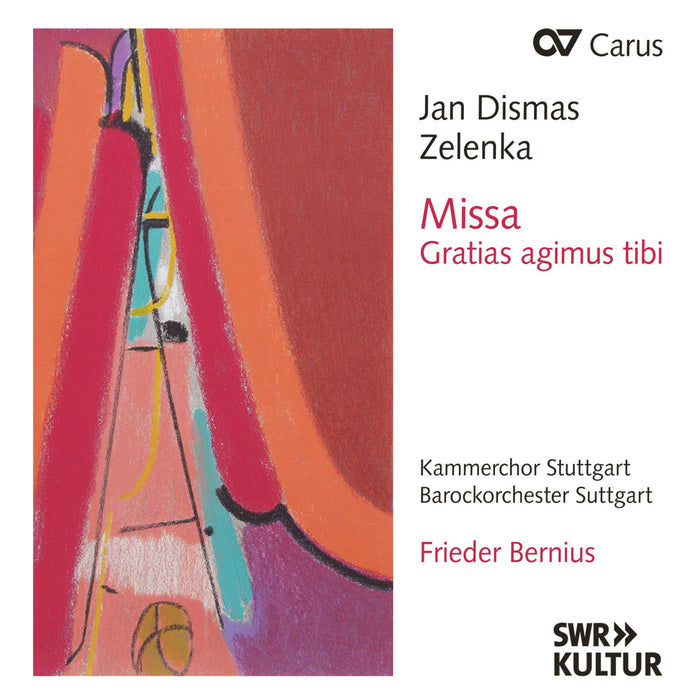Description
The Choralis Constantinus is one of the most important motet collections of the Renaissance period.
Heinrich Isaac wrote it during 1508 to a commission from the chapter of Constance Cathedral.
A large number of the total of 375 motets are now largely unknown and ensemble cantissimo has worked intensively on the collection for several years.
Under conductor Markus Utz, the singers present a selection of festive motets on this album – an impressive testament to the first musical golden age of the Renaissance.
A magnificent rediscovery!
"Accomplished, smoothly blended singing, well-tuned and balanced, promises future pleasures." – Choir & Organ







